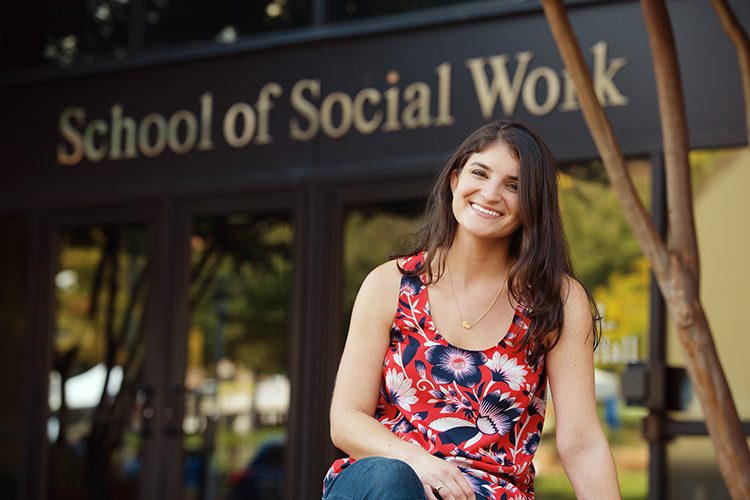Our New DSW Program is Coming Soon!
The Doctor of Social Work (DSW) at the University of Maryland School of Social Work will be a three-year, advanced practice doctorate designed for experienced social workers seeking to deepen their expertise and expand their impact. This cohort-based program emphasizes collaborative learning and professional growth in five key areas: advanced clinical practice, supervision, leadership, teaching, and applied research.
Students will engage closely with peers and expert faculty to refine advanced clinical skills, explore innovative approaches, and develop new frameworks that contribute to the evolving landscape of social work. Through rigorous coursework and experiential learning, the DSW program will prepare graduates to lead clinical innovation, elevate standards of care, and advance excellence in practice across diverse settings.
Our in-person, intensive learning model will bring students together on our Baltimore campus one weekend per month during the fall and spring semesters. This format fosters a strong sense of community and collaboration while providing the flexibility needed by working professionals.
Applications for Fall 2026 closed on February 15th. Request more information or check out one of our upcoming information sessions!

.png)
.png)

.JPG)
